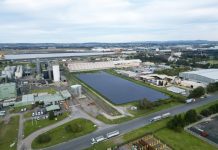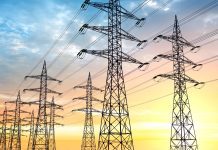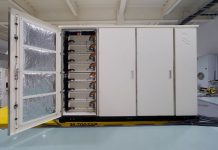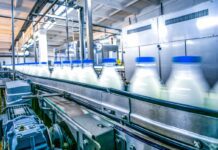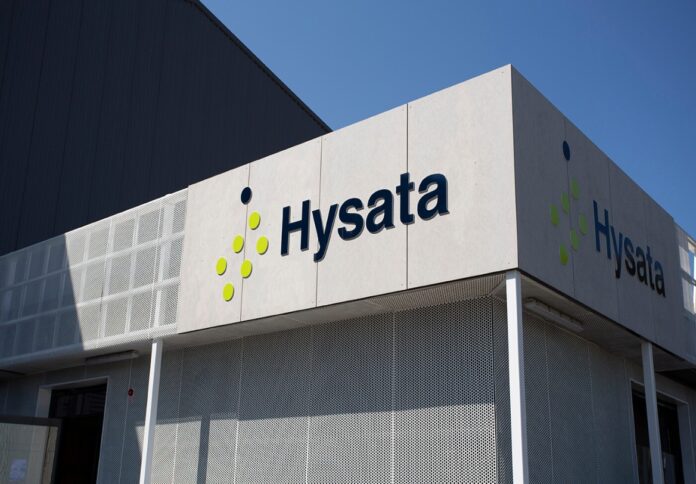
Australian electrolyser manufacturer Hysata has entered joint development agreements with South Korea’s POSCO Holdings and POSCO Eco & Challenge (E&C) to accelerate the commercialisation of its innovative electrolyser technology.
The announcement highlights efforts to combine expertise and resources to advance Hysata’s groundbreaking “capillary-fed” electrolysis design, which aims to improve energy efficiency and reduces hydrogen production costs.
According to Hysata, its technology delivers a 20 per cent reduction in energy input compared to conventional systems, resulting in a 25 per cent cut in the levelized cost of renewable hydrogen.
The company said its electrolyser achieves an efficiency of 41.5 kWh per kilogram of hydrogen produced.
Hysata CEO Paul Barrett said the collaboration with POSCO Holdings and POSCO E&C is a critical step toward revolutionising green hydrogen production and lowering costs.
“Through this collaboration, we aim to accelerate the development of Hysata’s next-generation electrolyzer technology. Our system efficiency will drive down the cost of hydrogen production and transform the economics of green hydrogen,” Barrett said.
The agreement with POSCO Holdings focuses on the joint development of materials and systems for electrolysers, with both parties contributing technical knowledge to fast-track commercialisation.
POSCO E&C will work alongside Hysata to share construction expertise for building advanced electrolyser systems.
POSCO representatives emphasised the potential impact of the partnership on decarbonising hard-to-abate sectors, including steelmaking.
“This joint effort will help tackle hard-to-abate sectors like steel, enabling decarbonization through innovative hydrogen solutions,” said Juwoung Yoon, head of the Clean Hydrogen Research Center at POSCO Holdings’ New Experience of Technology Hub.
Hysata recently secured $111 million in funding to establish a hydrogen electrolyser production facility in Port Kembla, New South Wales, designed to scale up to 1 GW.
Equipment procurement is underway, and the company plans to begin production trials with a 5-MW electrolyser at the Stanwell Power Station in Queensland.
The Queensland government has provided $3 million to support this project.




